Protein as a booster for metabolism
Protein is one of the most important nutrients in the whole human biology.
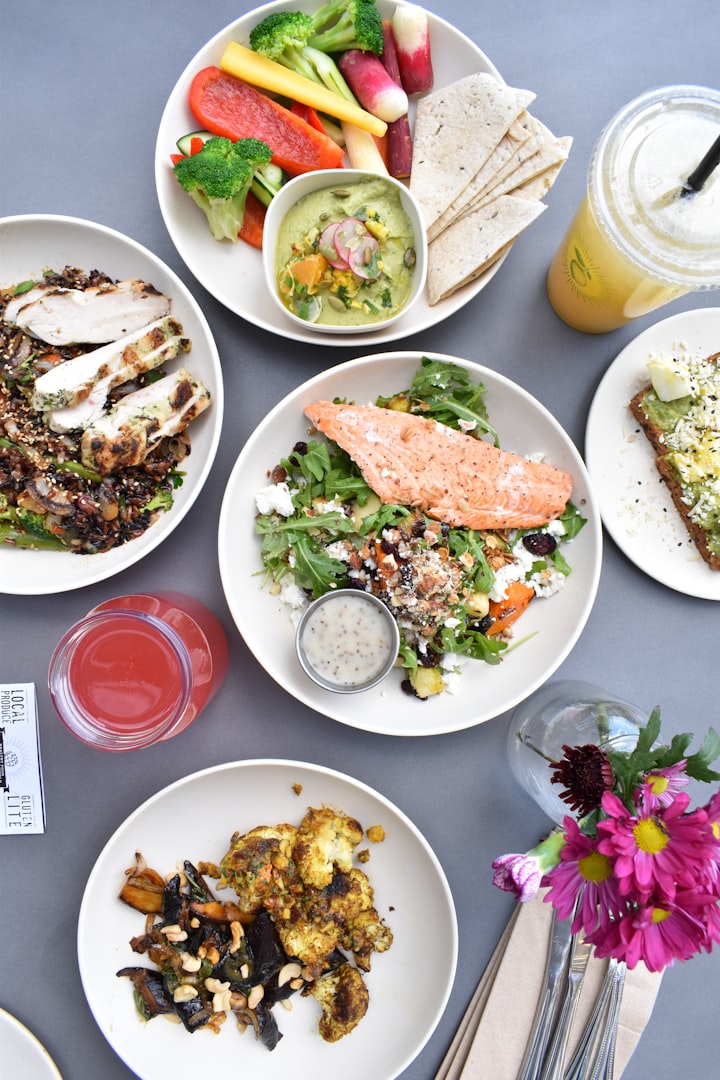
When the goal is to boost metabolism, build muscle and burn more fat automatically, protein is a priority.
You should aim to eat at least 2 grams of quality protein per kg per day or 0.9 grams per pound of weight. That is about 2-times the amount of a regular diet. Why is that?
- All of our muscle tissue consists of protein. Muscle tissue is one of the most active and energy-consuming tissues in the human body. One kilogram of muscle can spend up to 100 kcal a day! Nowadays in the passive lifestyle and carbohydrate-rich nutrition, our muscle mass has fallen to dangerously low levels while the fat tissue has risen. This means our metabolism has slowed a lot, not to mention the wellbeing and functionality of our bodies. Muscle tissue isn’t just necessary to function well but to boost our metabolism and automatic calorie spending. We all need more muscle mass, not just the bodybuilders or young athletic people, but also for older people, sick and healthy, factory or office workers. Functioning muscle mass also prevents and heals joint and back pains. Eating this extra protein constantly gives a signal to our bodies to grow muscle mass. It happens even without physical exertion, although, it speeds the process.
- Every nutrient spends energy to digest, absorb, and send it to its target tissue. This process spends energy and it is called food thermal effect. Protein is very hard for a human body to absorb and use, that’s why the process takes up to 20-30% of the energy of protein itself! Imagine - when you eat 100 kcal of protein, it automatically adds 20-30 kcal to energy expenditure just like that! It might not sound much, but getting this extra 20-30% from day to day, month to month - it will sum up to a large number of extra calories spent doing nothing at all; not to mention building muscle.
- Eating protein has a very cool side effect - as it slows down the digestion of food, it keeps us full much longer. Have you ever eaten sugary food and felt more hungry just an hour later? It never happens with quality protein. Eating enough protein with every meal keeps you feeling full for hours. It is easy to not feel hungry at all when eating a protein-rich diet. It is especially useful for people that have an emotional eating problem. When you constantly feel full and energetic, it lowers your risk to snack or binge.
- There is a process that takes place in our liver which is called gluconeogenesis. This means that our liver turns protein (or protein building blocks - amino acids) into glucose in case of carbohydrate deficiency. That’s why we will gladly eat more protein and restrict carbohydrates, because the first one can turn into the other, but not vice versa.
Those are some of the most important things protein can do to us, but there are many more positive effects besides those ones.
So to sum up, we aim to eat as much quality protein as possible to:
- feed our muscles and grow metabolically active muscle tissue
- add extra calories burnt by protein thermal effect
- keep hunger at bay
- create a buffer system for low blood sugar
How much is enough and how much is too much?
As I said we aim to eat 2-3x times the amount of protein as an average person. That means that we have to consciously work to raise the protein amounts. It is harder in the beginning but becomes much more intuitive later.
As for my question above, how much is enough? studies suggest it should be around 0,8 grams per kg or 0,4 grams per pound per day. This is basically the minimum amount that covers our bodies' needs; which means that this amount makes sure we don’t suffer from protein insufficiency and don’t get sick.
But is it optimal? Not even close. In almost all the studies done, 2 grams of protein per kg in a day is the best amount for metabolism. Anything over 2 grams isn’t dangerous, it just doesn’t add any more value.
An average person doesn’t spend 2 grams of protein per kg per day to feed and grow the muscle; he or she will probably use 1-1,5 grams. That being said - we maximize protein metabolic effect and we create a buffer mechanism for carbohydrate deficiency.
That’s why we aim to eat close to 2 grams per day.
A common question - is protein harmful to kidneys? Studies suggest: No - It's a common myth.
Extra protein is harmful to only people with kidney diseases or late-stage kidney insufficiency. As for most of us - we can eat protein up to 6 grams/kg/day without any problems; but as I said before, we won’t get any benefits over 2 grams.
If you have any kidney diseases, you should definitely consult with your doctor.
So no - protein isn’t harmful, it is vital. The more we eat up to 2 grams per kg per day, the better the metabolic boost we get. The better the metabolic effect, the more fat we burn naturally automatically.
From which sources will you get enough protein?
When you first start out with a metabolic diet, you’ll probably have difficulty getting to the daily recommendation of 2 grams. That is totally natural and we all have the same challenge. That’s why I want to show you some ideas and things you can do to help you get enough protein.
The first thing you should know is that protein quality differs greatly between different sources; for example, protein from broccoli has much lower quality than protein from eggs. It is called the amino acid score.
Basically what it means is that the higher the score, the more beneficial amino acids the protein consist of. For example, we can only use some of the broccoli protein, because it doesn’t have many amino acids that make up our muscles. At the same time, eggs have complete coverage of amino acids in our body, so we can use them for everything.
But the amino acid score isn’t everything. We also have to consider, what comes with the protein.
Nature always offers the best quality lean protein available for consumption. For example, if we eat processed meat like sausages, we get processed fat and all kinds of potentially harmful additives, but when eating wild salmon, we get pure protein with very good quality omega fats.
So the first thing we need to remember is to fill our diet with higher amino acid score protein from quality sources. What are these?
fish (and other water life like shrimps)- my absolute favourite protein, because of the epic omega-3 fatty acids you’ll get nowhere else and perfect protein quality crustaceans.

eggs - also perfect protein quality with lots of good fats and micronutrients.
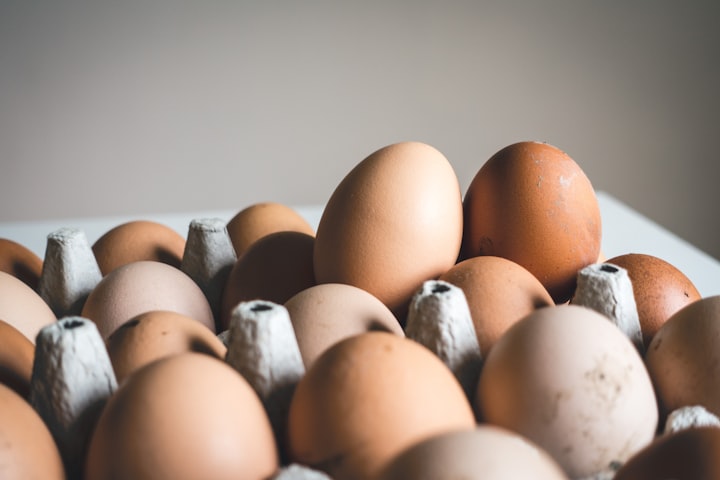
chicken and other poultry - quality protein without too much extra fat
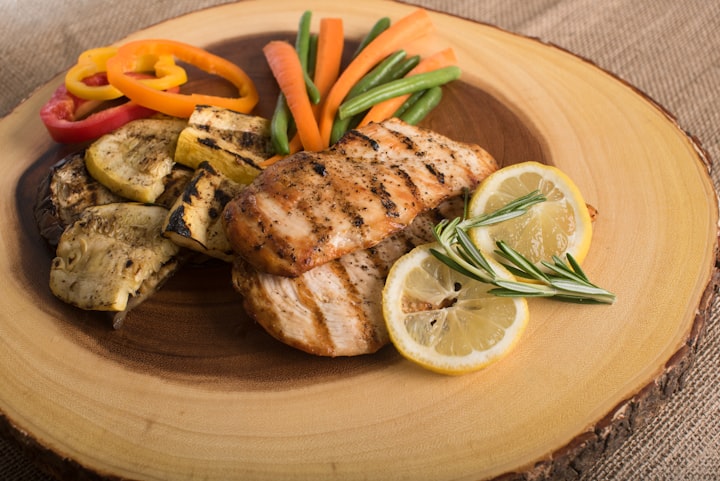
low-fat dairy (low fat just because we can get the fat calories from much better sources) like cottage cheese, curd, plain yogurt and sometimes protein bars- and -drinks.
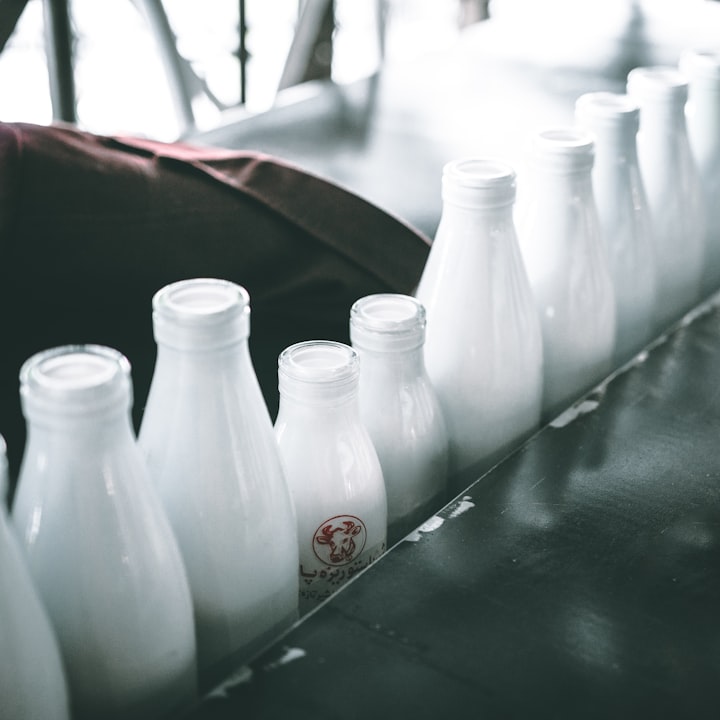
low-fat meat (also the liver and other organs) - same fat principle
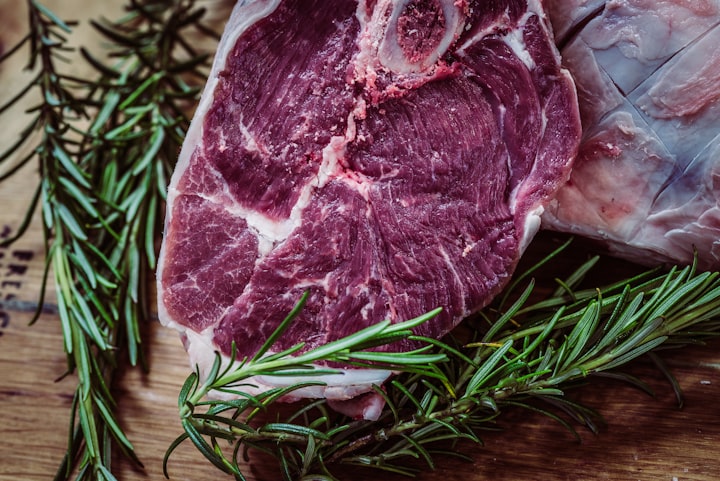
soy protein (and some other plant-based high-quality protein)

also protein supplements, but we’ll talk about those later
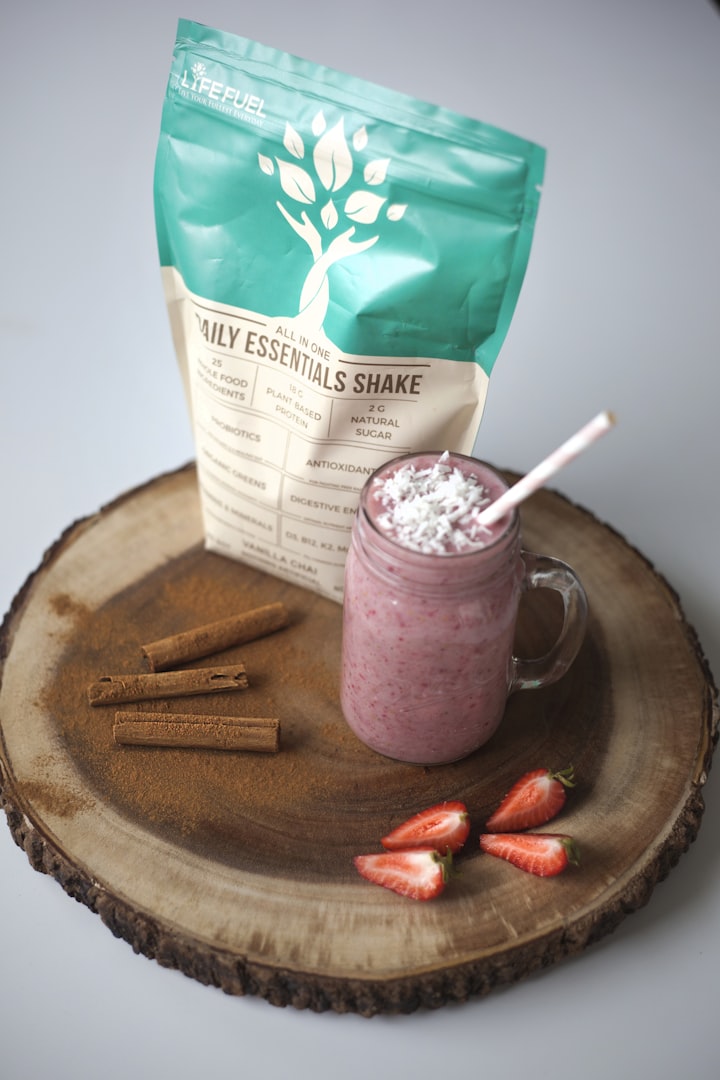
So the biggest portion of your protein should come from those sources.
What other or secondary protein sources are there to fill your need?
- Nuts and seeds from which you will get decent quality protein, but also good fats, minerals, fibre and other micronutrients
- Legumes, lentils and beans
- Oats, quinoa and some other plants
So knowing that, how do you get to eat this amount of protein? - By planning ahead. We are all programmed to eat lots of carbohydrates - biologically and socially. So we have to work to get the protein consumption up.
The best way is to start planning and writing down the amounts. The more you plan and write down your eating, the more you’ll learn. It is an invaluable experience.
You should start by trying to add a ½-1 fist-sized portion of protein to every meal. For example:
2 eggs for breakfast
2 chicken breasts for lunch
1 can of tuna in olive oil for supper
200 grams of cottage cheese for a snack
Secondly, you can make almost every food with more protein. If you like to cook or prepare your own food, try to start thinking of ways to raise protein content in those foods. For example, when making mourning oat porridge, you can add a spoonful or two chocolate protein powder or as I do - dump skyr into it.
Some people even blend eggs into their coffee! Be creative. Beans are a healthy and cheap option to add in every meal.
Third - use protein supplements - they are a nice way to cover the protein need when nothing else comes to mind. However, These supplements don't have to be in the form of powders, for example, there are good low-carb protein bars in the market.
You can also make protein puddings and protein smoothies. Keep at least some options in your kitchen cupboard or workplace lunchroom.
So there are ways to add protein to your diet. It takes a little practice, but if you do it purposefully, then you’ll get intuitive in that in a no time. On the other hand, if you’ll just try and eat more protein, then you’ll probably be stuck in 1-1,5 gram range and won’t get all the benefits.
About the Creator
ISMAEL ORTIZ
I'm a nutrition and fitness coach. My goal is to help people to get active, eat better and find time for healthy habits so they can take control of their health.


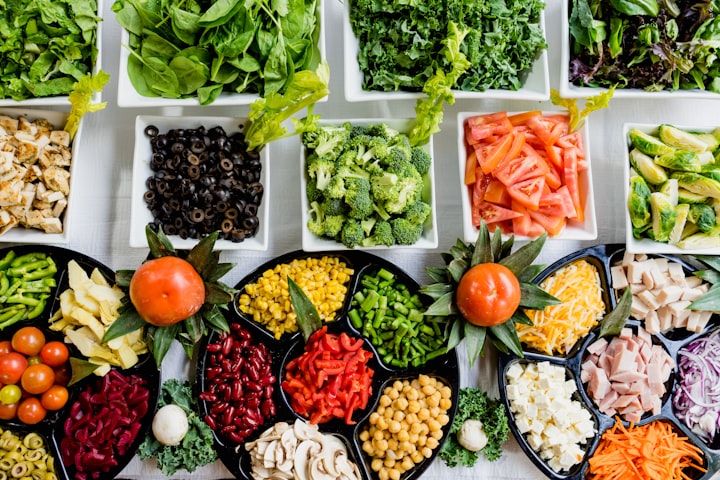



Comments
There are no comments for this story
Be the first to respond and start the conversation.